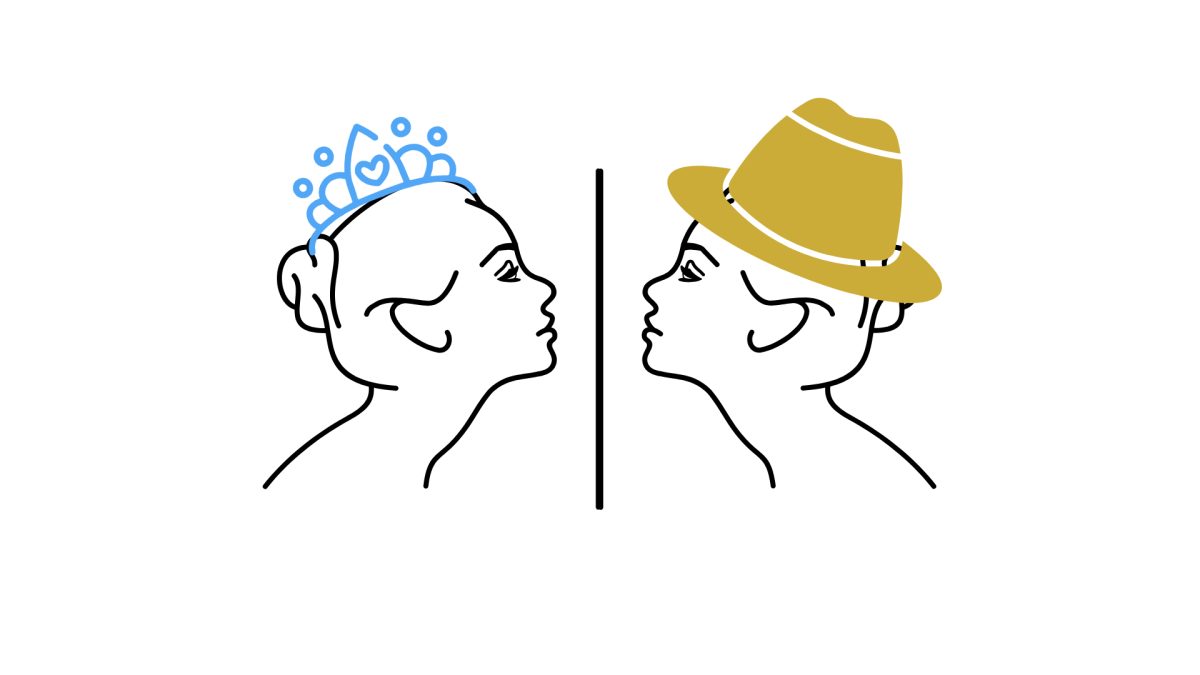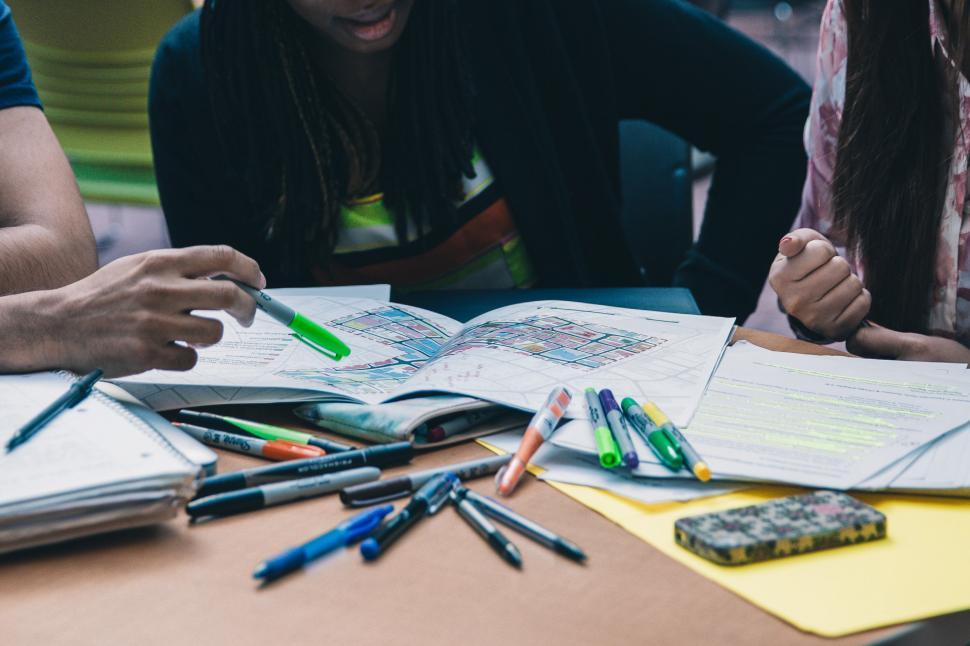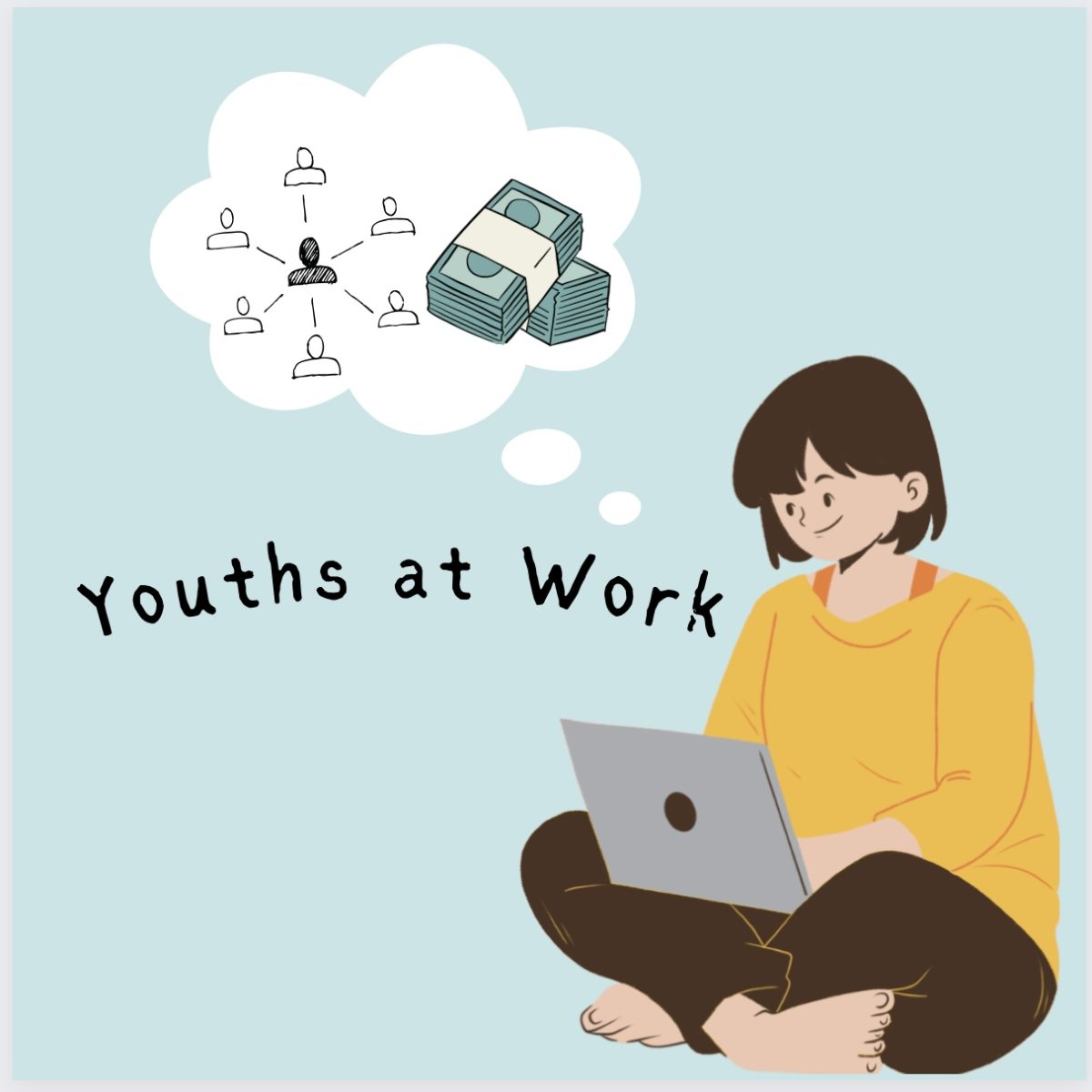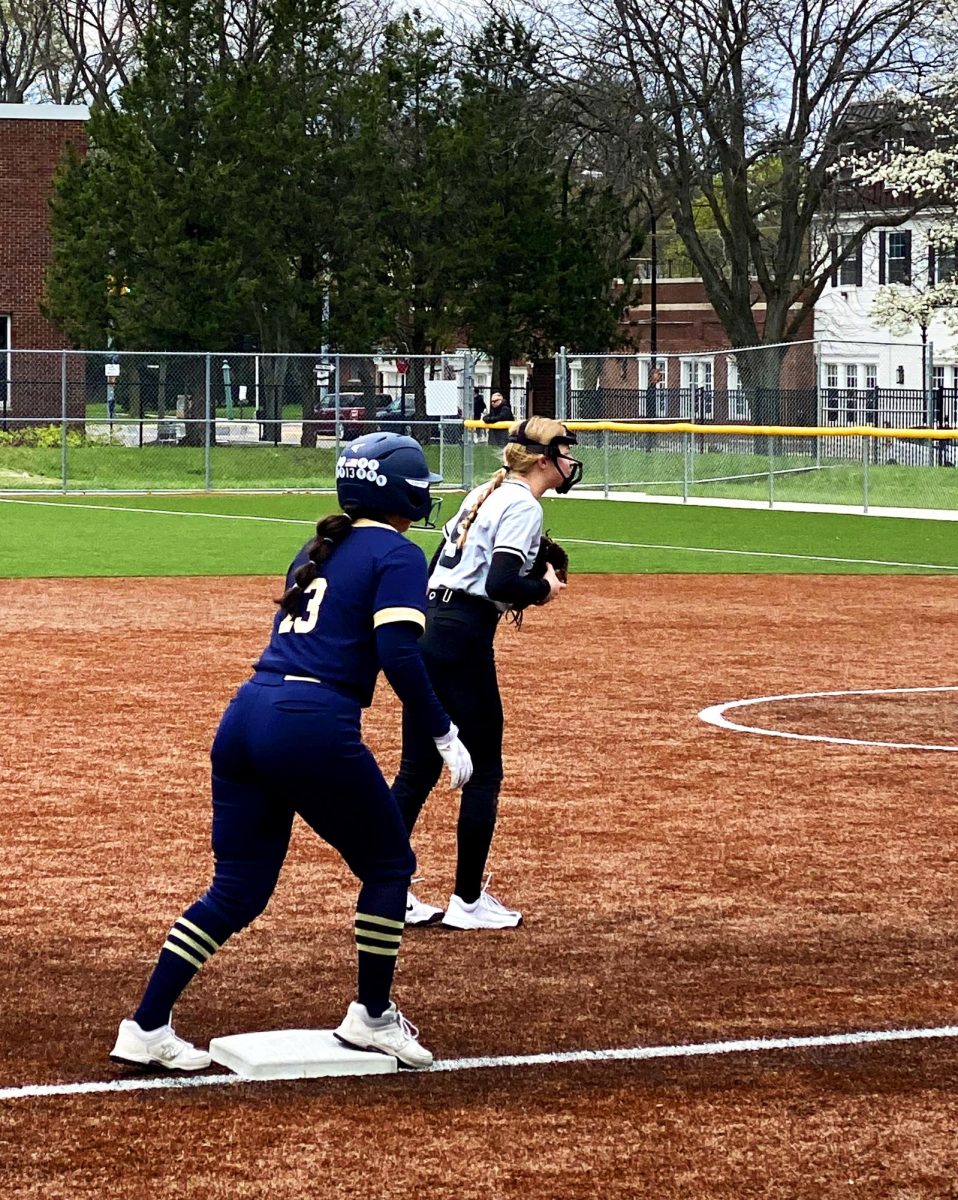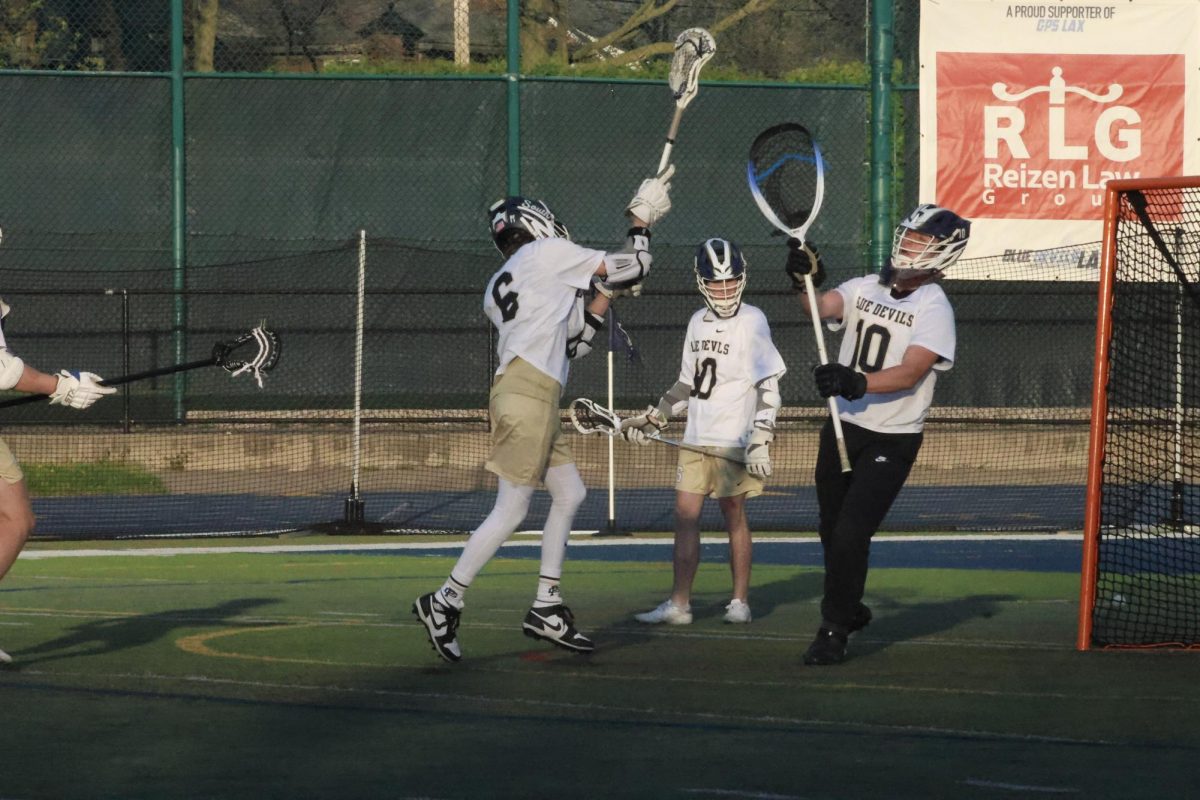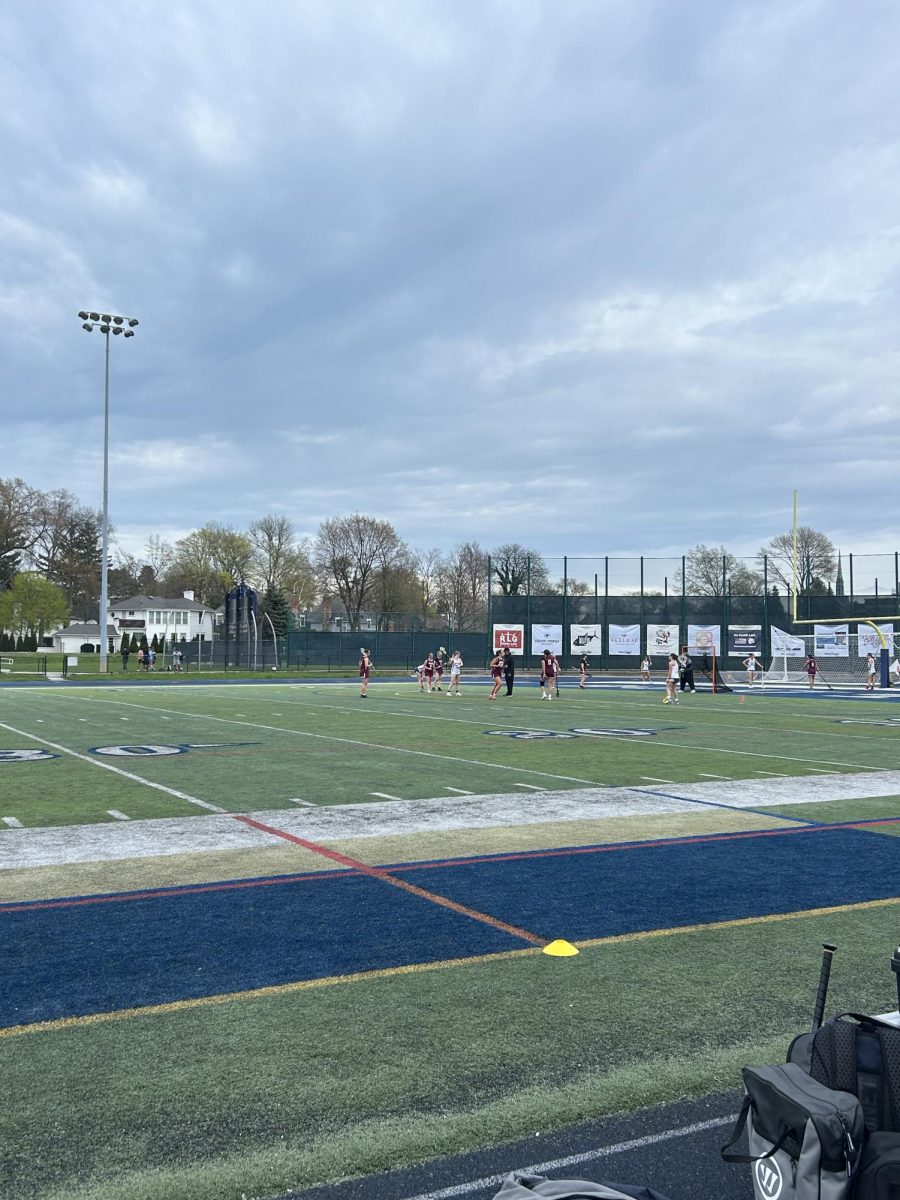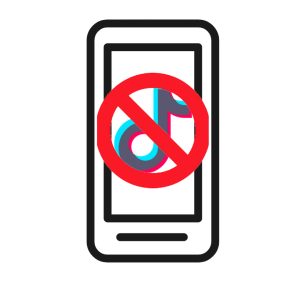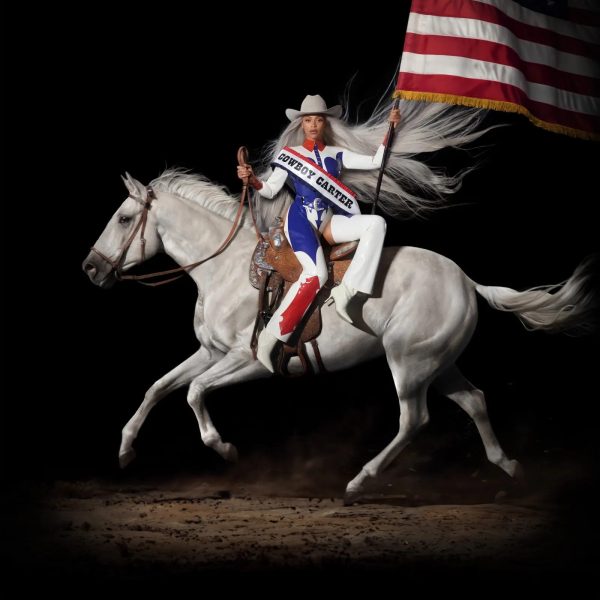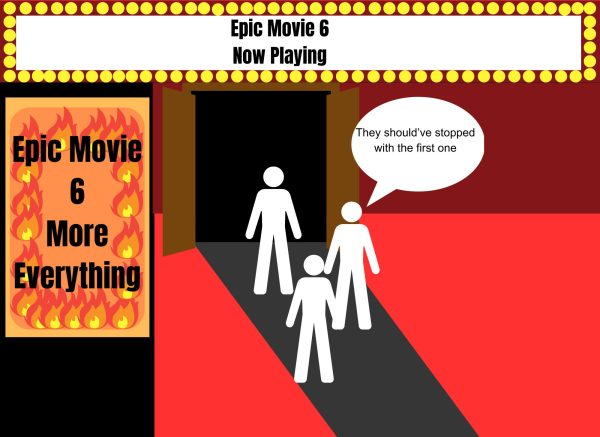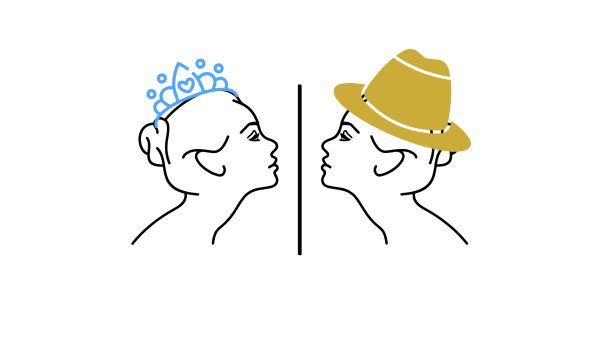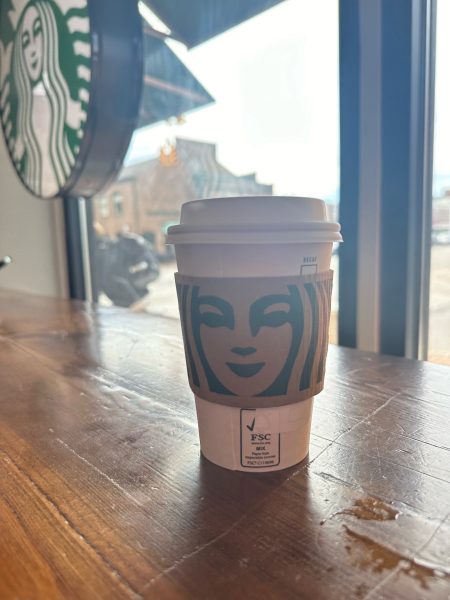South student’s view on sports betting
March 10, 2020
For some sports fans, betting during tournaments is a serious hobby, with almost $6.8 billion bet both legally and illegally on this year’s Super Bowl, according to the American Gaming Association. But for fans like Harry Briedan ’23, it’s a more casual occurrence.
Briedan prefers using squares to bet during the Super Bowl with family and close friends, usually only putting in $5 per person.
“There’s a blank sheet of paper with grid squares and every square costs an amount of money,” Briedan said. “You can choose (a square) right before the game starts, and once it’s all full, there’s numbers that are the points. At the end of each quarter, whoever has the last digit of each (team’s points) will win.”
While Briedan has also bet on March Madness before, he prefers the squares since they’re less time-consuming and you can earn more money.
Despite the popularity of casual sports betting, there are technical legal risks; according to the Michigan Department of Health and Human Services, “participating in betting pools based on sports, or anything else, is illegal. It’s also illegal to allow others to organize or participate in betting pools on your property.” And yet, according to the American Gaming Association, about 26 million Americans planned to make bets during this year’s Super Bowl.
Aside from the legal gray area, sports betting, especially among the youth, raises questions concerning long-term effects on gambling habits and if schools should be involved.
“I think (under-age people) could be overconfident (when betting),” Briedan said. “I don’t think there should be a punishment if they’re doing it, especially off-campus. If they’re betting at school, maybe.”



































